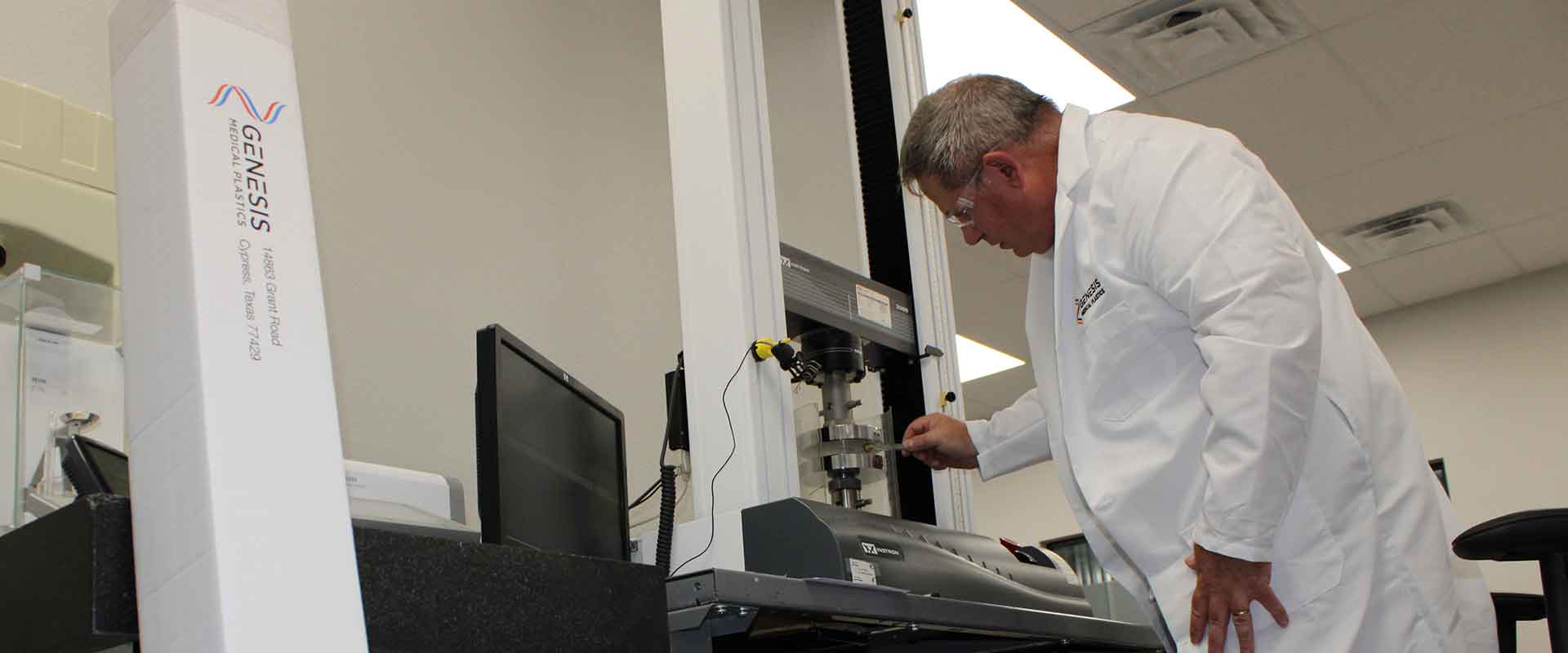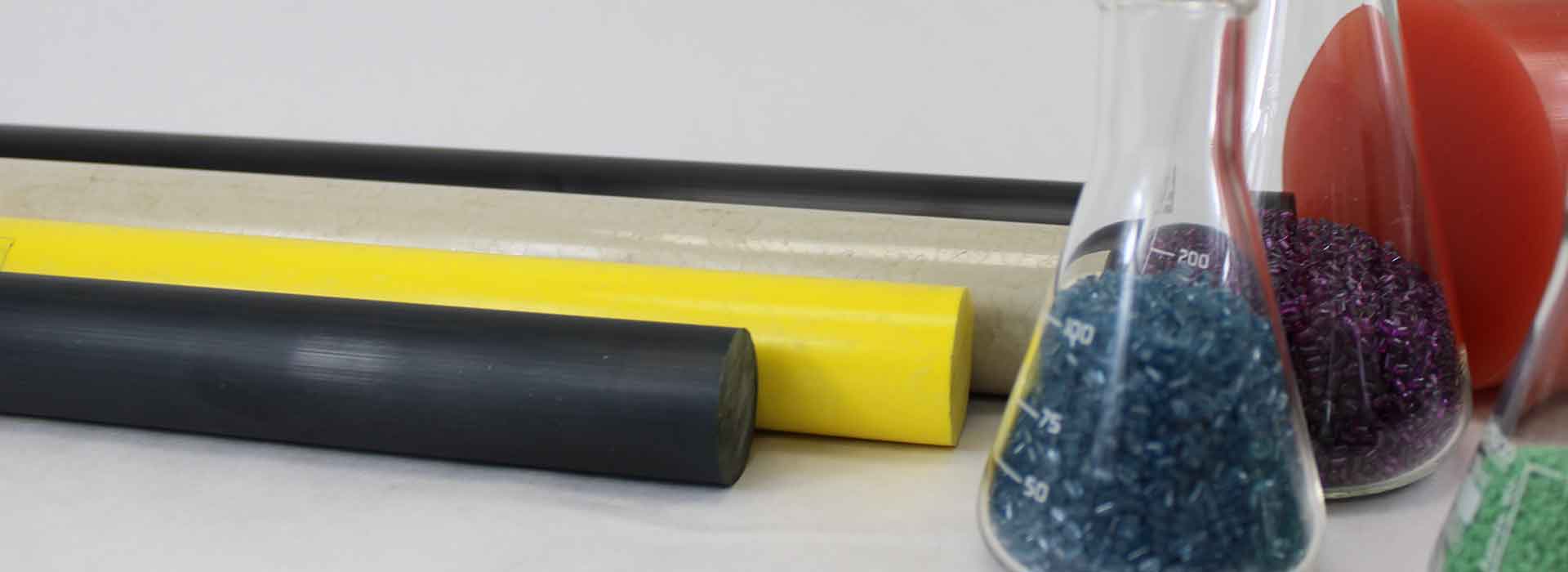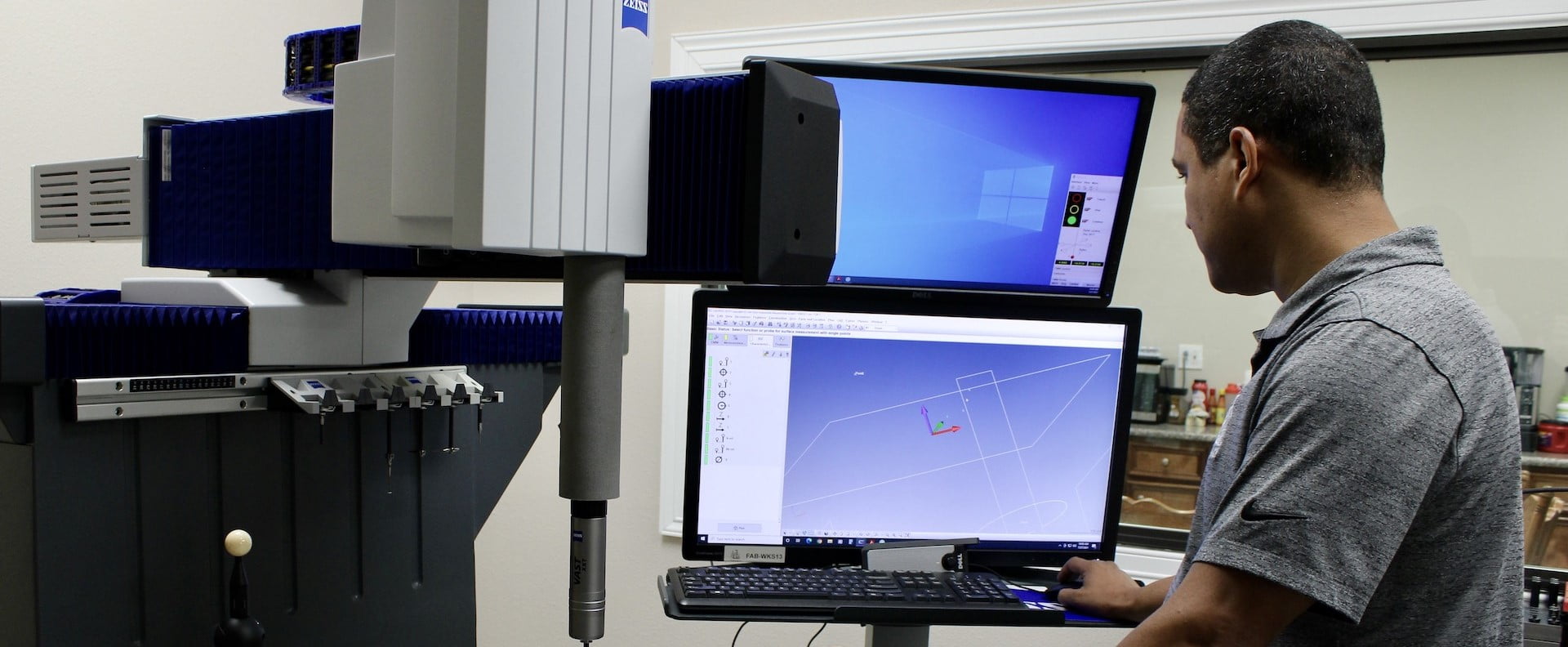In addition to machining and injection molding specific components, Genesis can assist medical device manufacturers with assembly, laser marking, industry-compliant packaging and other services for a more efficient supply chain.
What does it mean when a manufacturer offers contract services to its clients?
Medical devices are complex, in design and in manufacturing, and this complexity makes it difficult for some device manufacturers to manage the entire process. Beyond design, there’s material to select and source, manufacturing processes to set up, and quality standards to adhere to. This can be overwhelming, especially for young, smaller original equipment manufacturers (OEMs), but contract services offer a viable solution.
In a contract services arrangement, an OEM works with another manufacturer to manage the entire production process. This includes:
Supply chain logistics –
The contracted manufacturer is responsible for sourcing all raw material for the project and may also be responsible for selecting the material. Following production, contracted manufacturers can arrange for delivery, manage inventory and maintain storage, if necessary.
Manufacturing –
The contracted manufacturer uses their equipment and processes to produce devices that adhere to the OEM’s standards. If needed, the contracted manufacturer can design this process. Most manufacturers will also provide packaging.
In short, with a contract services agreement, the OEM outsources the complete production process to a qualified manufacturing partner. There are several reasons why OEMs may choose to go this route.
Why do some OEMs contract services with another manufacturer?
Through a contract services arrangement, the OEM gains access to their partner’s expertise, and there are several advantages that come with that expertise. For example:
Modest upfront investment –
The device manufacturing process requires specialized equipment and facilities, as well as the people to run both. The initial cost to procure all this is prohibitive to many startups, but the resources are already in place with a contracted manufacturer. By leveraging these resources, OEMs can push their devices to market before investing in a lot of capital.
Expedited to market time –
In addition to money, acquiring equipment and building up a skilled work crew takes time. That’s another concern, because in the always-advancing medical device industry, success or failure often comes down to time. By contracting services through another manufacturer, though, OEMs can get their device to market much faster. This is especially true if you’re contracting through an experienced processor, one that has worked with similar devices and materials in the past.
Expertise on hand –
Medical experts are increasingly turning to polymers as their biomaterial of choice, and for good reason. However, this means that OEMs will need to be informed about polymers, their properties, and their applications. This information, fortunately, is also available through a contract services agreement. By taking over production, the contracted manufacturer is applying their knowledge in material selection and processing to create the highest quality product at the lowest possible cost.
For example, experienced polymer processors can usually acquire materials at a lower price. They are also certified to manage hazardous materials, which also cuts time and cost.
Everything is documented –
The medical device industry is regulated, in part, by the International Organization for Standardization (ISO). Many nations consider the ISO standard to be the gold standard, and the FDA has recognized them as compatible with the U.S. regulatory process. Reputable device manufacturers, then, maintain compliance with ISO standards. Part of compliance involves documenting all parts of the production process, to prove adherence to ISO standards when needed.
A contracted manufacturer will be aware of these requirements and will provide documentation for compliance reasons. It’s another potential pitfall that an experienced processor can help OEMs avoid.
Production flexibility –
Experienced processors can ramp production up or pull it back as needed, and this can be extremely valuable to OEMs just arriving to the market. Through a contract service arrangement, OEMs have access to on-demand production, so there’s minimal risk of running out of inventory or overproducing. This is another cost savings advantage.There are several benefits to a contract services agreement, but it’s not the only approach to outsourcing production.
What are the differences between contract services and tolling services?
In addition to contracting a manufacturer, OEMs and device designers can enter into a tolling services arrangement. There are several similarities between tolling and contract services, but notable differences, as well. Some of those differences include:
- With tolling services, the OEM provides the raw material – Contracted manufacturers manage every aspect of production, but when entering a tolling services arrangement, the OEM is responsible for providing raw material to the third-party manufacturer. The manufacturer takes the raw material and applies it to its own production processes, much like a contracted processor would.
- Contracted manufacturers have a larger say on device quality – With a tolling services arrangement, the outsourcing manufacturer defines what processes the third-party manufacturer will handle. In some instances, these tolling services may only cover a small part of the process.
A contracted manufacturer, though, handles everything, from material sourcing to delivery. That means the third-party processor has near total control over product quality.
- Tolling services can complicate the budgeting picture – One reason OEMs prefer contracting services is that it greatly simplifies cost analysis. There’s only one number to consider before making a decision – the cost of contracting the third-party manufacturer. With tolling services, OEMs can optimize their savings by outsourcing the most difficult parts of the manufacturing process, but splitting up manufacturing duties makes it more challenging to track costs and ensure cost efficiency.
Whether contracting a processing expert or entering into a tolling services arrangement, OEMs can get the expertise and resources they require to quickly bring their device to market.



